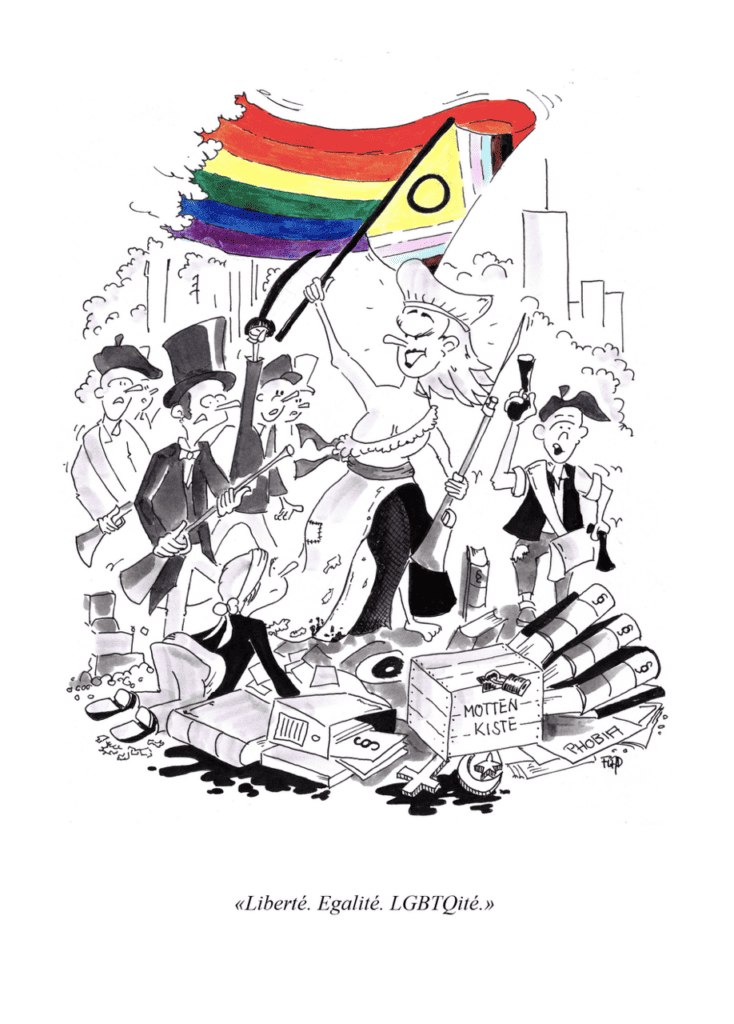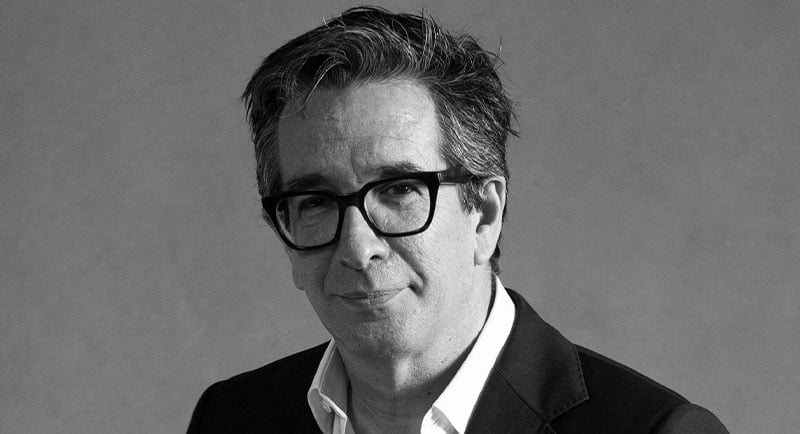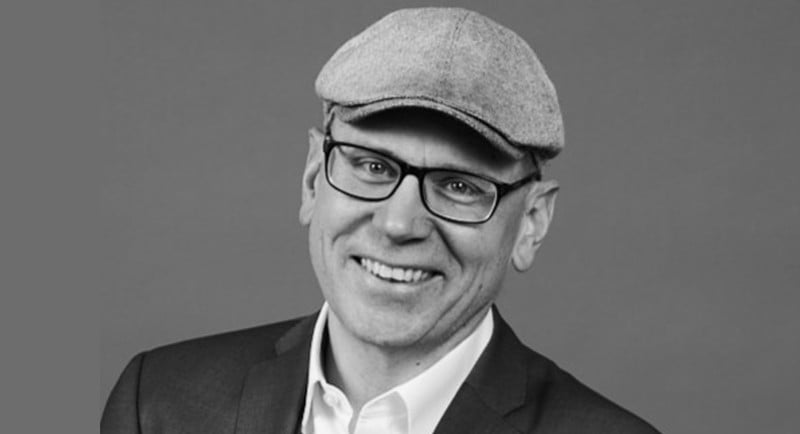Get out your calendars folks, today is five weeks to International Women’s Day on March 8. This year’s theme: “Invest in Women. Accelerate Progress.” and I suspect we’ll see many brands and agencies revert to a trusted formula – there may be an in-house panel or a morning tea (pink cupcake anyone?). The team will celebrate the progress we have made for a day. But then brands and agencies will get back to work.
Except this year might be a bit different – the week before (Feb 27 for any CEOs who still have their calendars out) the Workplace Gender Equality Agency will release data on the pay gap for businesses with over 100 employees.
For the first time, we’ll have a very clear picture on how much brands and agencies care about creating workplaces with equity and fairness at their heart… I suspect the money may talk.
Diversity, Equity, and Inclusion (or DE&I as it is regularly abbreviated) is too complex and wide-ranging a topic to be addressed in an article of this size. But with International Women’s Day coming up on March 8, it seems timely to share some observations and opinions about the progress of Diversity and Inclusion in the Australian Advertising and Media market.
It is well documented and proven that diversity leads to economic growth at both a country and an organisational level. Richard Florida has for years been studying and writing about the creative class, making diversity a key factor for an industry that celebrates commercial creativity as its reason for being.
So please don’t misinterpret the intent here. There are some significant efforts underway to improve diversity and inclusion in an industry that has traditionally been white bread. Not the least being the ACA Create Space and MFA Diversity, Equity, and Inclusion Survey. These initiatives are valuable to the industry.
Yet for all of this, the way organisations are interpreting progress still carries a lingering scent of tokenism. Diversity, inasmuch as hiring and elevating a diverse range of people in an organisation, is of course essential. But it can be measured in tick-box style. In effect, a ‘change scorecard’.

By Dennis Flad
Does a scorecard define true change? Well, partly. And no-one could rationally argue that Diversity is ‘solved’. But where we still have perhaps even more work to do is in the Inclusion part of DE&I. That genuine cultural change that will drive diversity while retaining equality, the change that eliminates gender pay gaps once and for all, the change that completely eradicates the kind of stories I hear from individuals that still seep out to me like water from between stones. Stories about comments made or overheard, about the continued, insidious existence of old-school mentality – not as overt as once it was, but still manifestly there. About treatment in the workplace. About ‘diversity hires’. About being given projects based solely on orientation stereotypes – the ‘queer person with the Pride brief’. About a sense of futility that people mean what they say or truly understand.
The evidence of our need to improve doesn’t just sit with private stories, powerful as they are; it sits with the number of advocacy groups and events existing and still being created, to combat the challenges. Groups such as Women in Media, The Mavens, The Aunties, and more. Friends of Rhonda, for people in advertising who identify as queer, launched last month in Melbourne. The evidence can also be seen in the increasing backlash against those organisations who piggyback off advocacy groups and events in a tokenistic way.
Take gender equality and this year’s UN International Women’s Day. While it is clearly still important to maintain awareness with annual days of recognition, this is not a one-day theme. It is a 365-day theme that requires a year-round effort, as it should be. Anything less is tokenism, and people are noticing and angrily calling out that hypocrisy, where they see it. Just as the LGBTIQA+ activists are calling out corporations that support their community only during Pride Week, organisations such as F*ck The Cupcakes are calling out the industry that happily organises the celebratory IWD lunch on March 8 and then goes back to business as usual before the last pink cupcake is eaten. When what is needed – what is demanded – is real change and most importantly real inclusion.
There is an argument to suggest that the existence of advocacy groups is counter-intuitive; that they foster an ‘us versus them’ mentality. This is patent nonsense because we haven’t truly eradicated the challenges and so people clearly still need a voice. Beyond the work they do and the impact they have raising and addressing issues, advocacy groups also provide belonging and inclusion. And, perhaps most importantly, shared experiences – people simply talking to each other about what happens to them, out of the echo-chamber of their own organisation.
So, why does this matter? The point is that the score card mentality of ‘diversity’, while helpful, can allow people to gamify the result to look better, or worse, than it is. Likewise, tokenism can act as a convenient mask to distract people from the lack of commitment to real change via empty feel-good moments before the can is kicked down the road.
To address this, we need a higher standard of expectations from our industry leaders. It is not enough to do nothing. In fact, doing nothing is supporting the status quo against the changes needed. We need to make the I of Inclusion mean more. And token support will eventually be found out, so unless you are playing a short-term game, it is not a winning strategy. Instead, it is time to go all in with support. Last year, F*ck the Cupcakes called for the men of the industry to show up, not just on IWD, but every day.
For positive change to happen, it requires change across the entire industry. Change in culture. Change in mindset. Change in behaviour. This is not the time to sit back, it is time to step up and support the changes that will not just make the industry more diverse, but more inclusive as well.
See Also: Woolley Marketing: What is more important, the channel or the content?
–
Darren Woolley is Global CEO of TrinityP3, Australia’s largest and most influential independent marketing / pitch consultancy and is well known to the advertising industry. Founded more than 20 years ago TrinityP3 has a significant presence in Australia where it leads the pitch process for many of the country’s leading advertising accounts as well as having offices in London, New York and Zurich.
 Darren Woolley
Darren Woolley
Dennis Flad is responsible for Trinity P3 EMEA and founder of t’charta, a management consultancy boutique for strategic product management, pricing and go-to-market based in Zurich, Switzerland. Dennis worked his entire life in marketing and advertising, which allows him to infuse his whimsical drawings with a realistic understanding of management practices and behaviours.
 Dennis Flad
Dennis Flad

